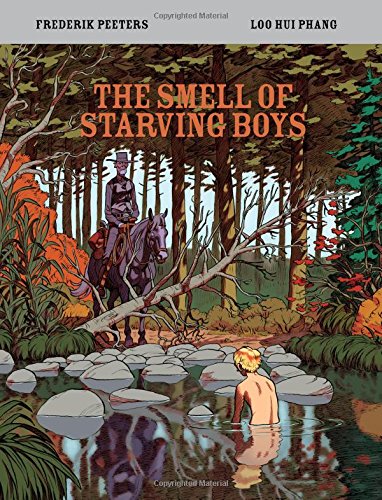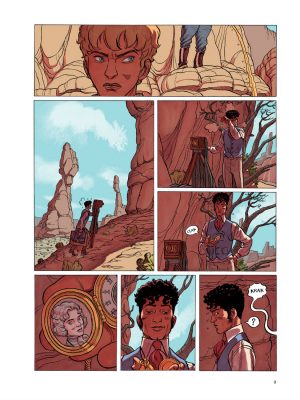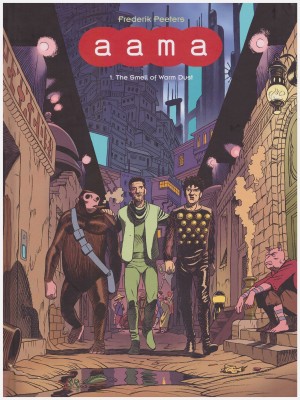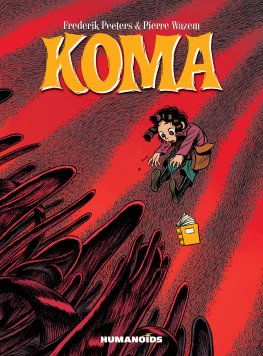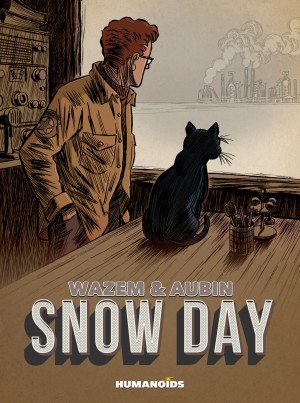Review by Ian Keogh
The very strange title and cover reflect the ethereal quality of what’s ostensibly a Western, yet the setting is merely a convenient point of exploration for writer Loo Hui Phang’s meditation on a number of very 21st century topics. The exact time is never nailed down, referred to as sometime after the American Civil War, and an exploratory party of three are in a remote area of Texas. Irish photographer Oscar Forrest admits early to having left the homeland for the crime of being attracted to men. He’s further had to flee New York, but refugee status at first applies less obviously to the other members of the party. Geologist Stingley is a bear of a man convinced his fortune is to be made by anticipating the future, keen on cataloguing everything he finds, including the people, and at seventeen Milton is the mission’s skivvy, cleaning and cooking.
They’re an uncomfortably matched trio, with the considerably older Stingley provocative and selfish. In some ways very modern, and actually attuned to the times to come, he’s also unconcerned about anyone he perceives as being redundant to those times, which toward the end manifests in a strange fashion. Another theme of the story is the fluidity of attraction, and the forms it takes. This is handled more sensitively than Stingley’s character would suggest, and as the pages turn, secrets are revealed, and more topics intrude. These include colonialism, forced marriage and a form of spirituality set against the real world.
Other than highlighting modern issues in the old West, The Smell of Starving Boys begins in traditional fashion, with the vast expanse of the surrounding country making its own point as freedom prompts revelation, and enforced identities drop away. It’s a deliberately slow experience, and has several mysteries, not least the identity of the skeletal figure tracking the trio.
Frederik Peeters is a perennially interesting creator, whether producing his own work, or when collaborating with others. He conveys a sense of isolation by constantly picturing the cast dwarfed by their surroundings, and in a story dealing with gender fluidity he presents characters interestingly. Questions concerning a secret revealed early have already been embedded in reader’s minds via Peeters’ clever depiction. For all the questions raging below the surface, the trip is a largely tranquil experience, and Peeters conveys that well also, and the art is further notable for his visual representation of an essential talent that’s revealed.
The Smell of Starving Boys is a gripping character drama that doesn’t quite make it to the final hurdle. A transformative ending may not be to all tastes, as this is a story retaining some mysteries, which undermines the remainder to a small degree. In effect it’s underlining that humanity doesn’t know everything, that we’ve lost as well as gained through progress, but results in a slight feeling of narrative let down. This isn’t enough to discount the remainder, as it’s character rather than plot led, but be warned.
